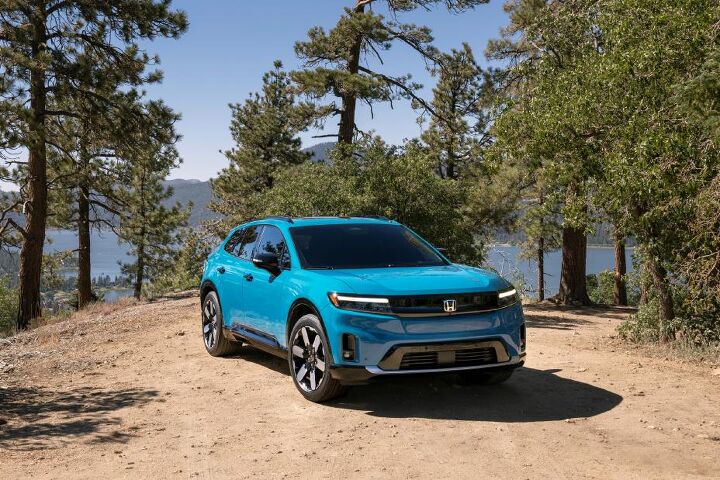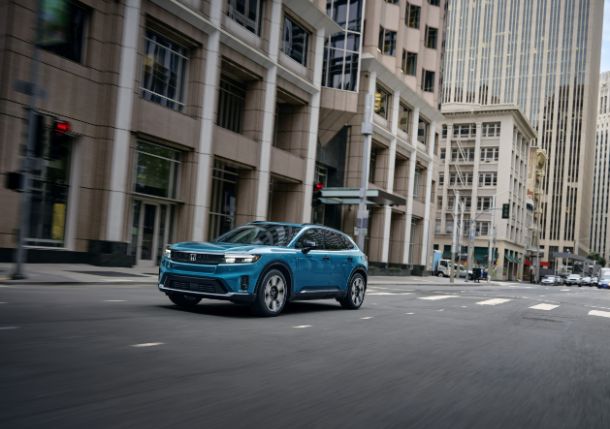Solid-state batteries are widely considered the “next step” in EV development, offering better efficiency, packaging options, and range than today’s battery chemistries. Despite that excitement, engineering and manufacturing the components have proven difficult, though many automakers continue pushing toward a solution. Honda is the latest to talk about its solid-state battery program, saying that it would have a “game changer” breakthrough with staggering range and costs.
Honda’s Solid-State Batteries Target a 620-Mile Range and a Late-2020s Arrival Date




Honda said its new packs would cost as much as 25 percent less than lithium-ion batteries and have a range of up to 620 miles (1,000 km). The automaker’s engineers detailed the program in a briefing late last month and announced a new pilot production program.
The Japanese company wants to cut internal combustion from its lineup by 2040 and said that the solid-state batteries would help it reach that goal when they debut near the end of the decade. Despite that ambition, executives have acknowledged that there are still significant hurdles to overcome, including the fact that Honda’s current prototype solid-state batteries are too small to work in EVs.
The pilot program aims to help Honda overcome that challenge, but the gulf between today’s tech and the capabilities needed to power a mass-market EV is extreme. Honda said its batteries need to be 100 times bigger than the prototype units, which isn’t a number it can meet overnight.
[Images: Honda]
Become a TTAC insider. Get the latest news, features, TTAC takes, and everything else that gets to the truth about cars first by subscribing to our newsletter.
Source: The Truth About Cars
Recent Posts
NASA Astronaut Don Pettit Uses His Camera for Science in Space
NASA astronaut Don Pettit, known for his incredible astrophotography, sense of humor, and clever camera…
WhatsApp now lets users create their own sticker packs
WhatsApp this week released a major update that adds a new way to create and…
Ben Affleck Has a New Batman Complaint: Wearing the Batsuit Sucked
The actor has long since moved on, but he'll forever be asked about his DC…
LEGO Easter Sale Drops Deals Too Sweet to Miss, Hurry This Won’t Last Long
Dozens of awesome building kits for all ages are marked down from now through April…
This Reminders feature is a lifesaver when my task list grows too long
Apple’s Reminders app has become a powerful task manager in recent years, and there’s one…
Trump Weaponizes Bureaucratic Review to Stop Offshore Wind Project
What happened to cutting red tape?